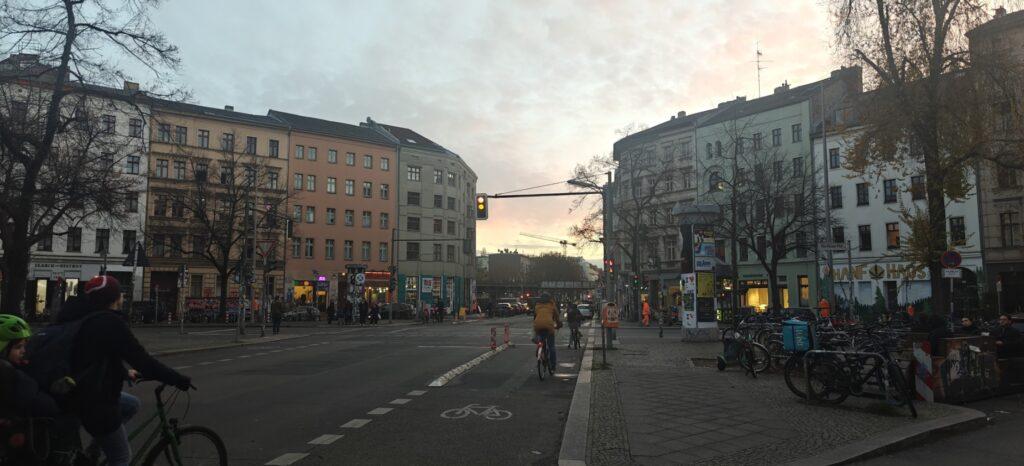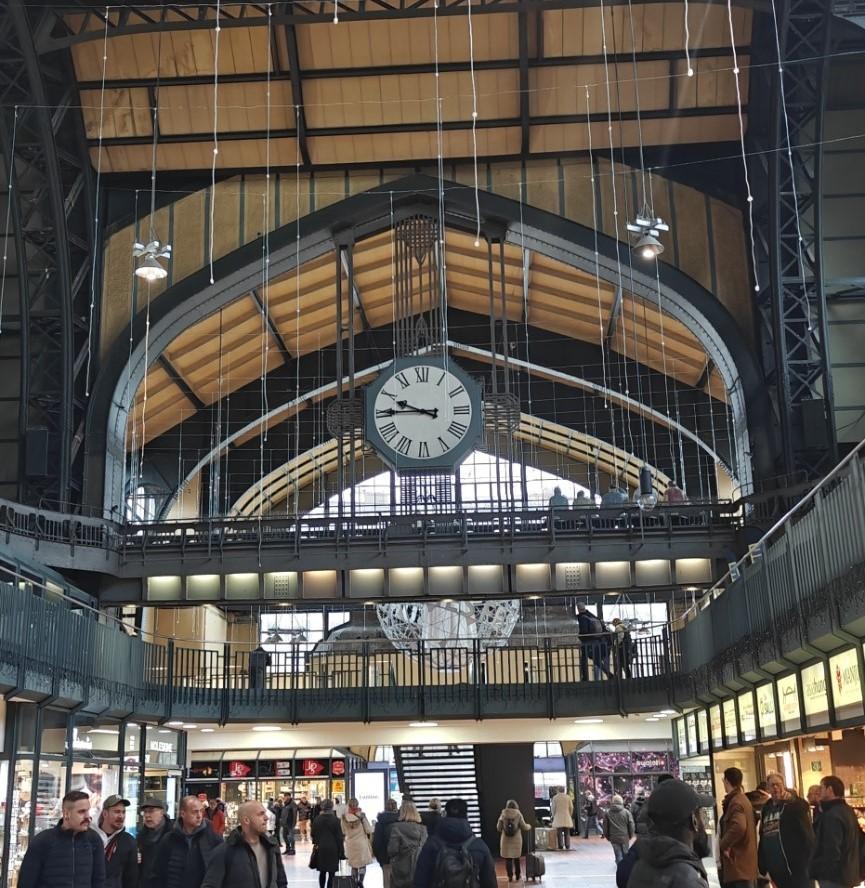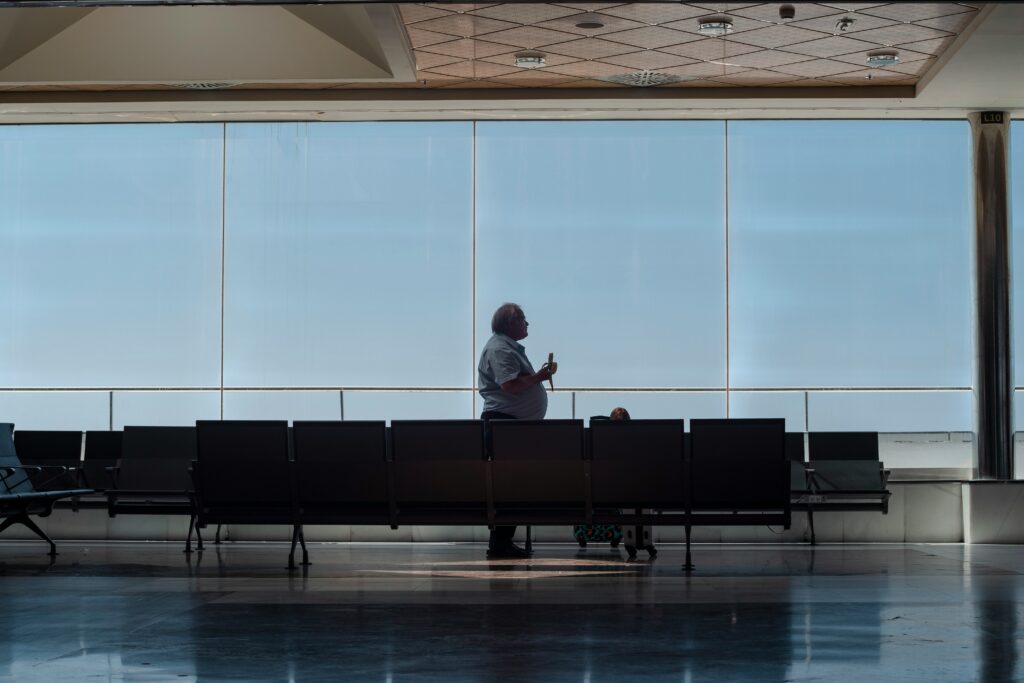
I’ve gained ten kilos in the last 2-3 months.
I find this fact totally confounding. It’s not clear what’s really changed. If anything, I’ve probably been more healthy in the last few months. I’m exercising more, and paying more attention to what I eat.
Logic would say that I ought to have lost weight rather than gain it. In fact, I think it would be a challenge for anyone to gain 10 kilos in such a short amount of time even if they tried.
So how do I wrap my head around the facts in front of me?
Weirdly, this has also not been a visible thing. I’ve looked at myself in the mirror, and it doesn’t look like I’ve gained weight. I even looked back at photos over the last few months. I don’t see a dramatic change – perhaps it’s hidden by the fact that I’ve shaved my face now so I look different anyway. I’ve even asked others, and they haven’t noticed a particular difference either.
The only logical explanation I can give is that I came off antidepressants around the time the weight started to rise. It’s not unheard of that weight can increase after stopping them. Though usually it’s the other way around – people gain weight whilst taking them, then drop it afterwards.
My hope is that this will therefore have a natural rebalancing effect. The weight will drop down with time on its own. In the meantime, I’ll look to live healthier (without overdoing it either).
But even then, this is only speculation. In reality, I don’t actually understand what’s happening.
From a philosophical perspective, this demonstrates a viewpoint I learnt recently. We often hear to accept what is not in our control, but then to change the things that are in our control.
This is helpful to bring back the idea that we need to change things that are beyond our reach. But the issue is that our control of any external event is flimsy at best.
In this way of thinking, my weight is in my ‘control’. And to some extent it is. If I eat a lot more, my weight will probably go up. But it only tells half the story. I heard John Patrick Morgan talking about this instead as a ‘dance’. For something to happen, we have to show up. But we need someone, or the world, to dance with us. We cannot unilaterally make things happen. In this sense, we are not in control. Because we do not get to single handedly make things happen.
Now for some, that can sound quite triggering. The idea that we cannot control things can be scary, and shift us into an idea of having no agency or purpose in life.
That’s not the point here. Instead, it’s highlighting that we are never fully in control. If things don’t turn out the way we wanted, we can recognise that there are more factors at play than simply our willingness or effort. This gives us the saving grace to be kind to ourselves when things don’t work.
Playing with this perspective, I can see that my actions are not the cause of the outcome. I can see that I’ve done the best I could in the circumstances given to me. And yet, the way it has played out hasn’t been what I wanted. And that’s okay. It’s not my fault. It could just be a result of hormonal shifts, or something else.
It also doesn’t negate the progress that I have made – I am definitely more muscular than I was before, and my understanding of nutrition and health is far better than it was three months ago.
I won’t pretend it’s not frustrating. Simple logic would suggest that putting effort into something will yield results. But the world has too many factors at play for simplistic views to work all the time. They might do for many cases, but not all. And apparently not mine.
But by seeing that this isn’t my ‘fault’ or a failure of me as a person, the less time I spend feeling bad or guilty. Instead, I can put myself in a place where I can keep progressing, rather than giving up.
Understanding life as a dance is a great way to accept things that don’t go our way. Sometimes we do everything perfectly as planned, but the result doesn’t go how we want.
That’s life.








